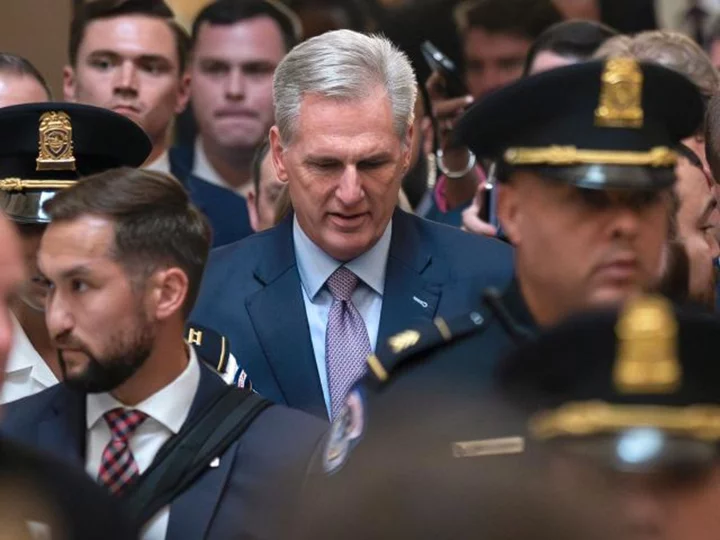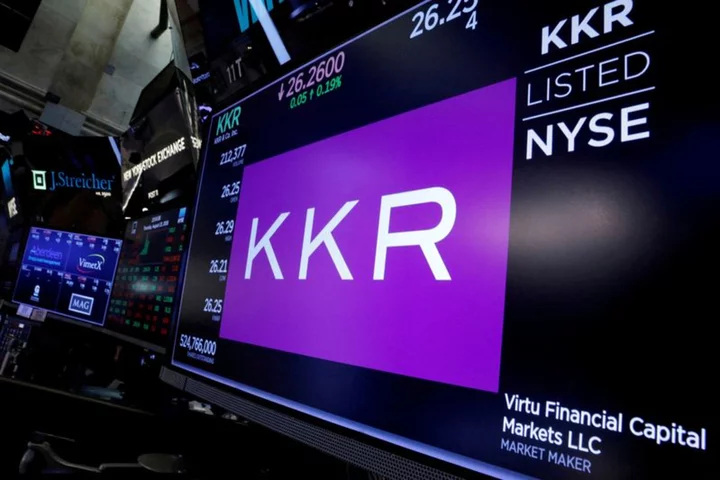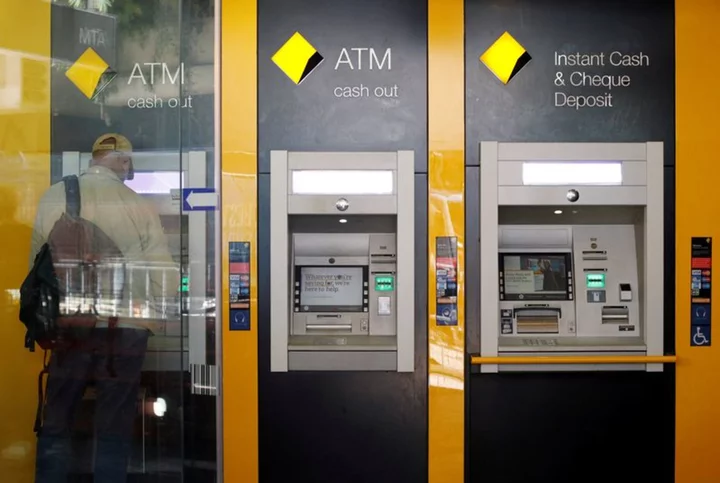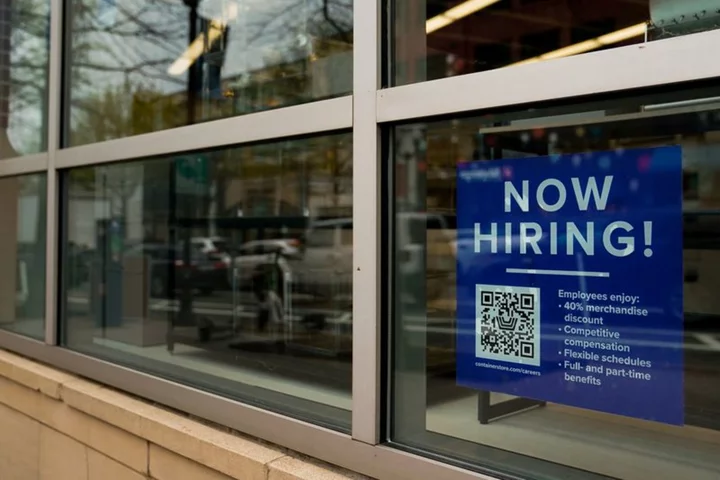The fights between Washington lawmakers have become increasingly vicious even when the stakes could not be higher. Squabbles on the Hill have consequences, and the latest may lead to another credit downgrade that could seriously damage the US economy.
Over the summer, squabbling between the two parties nearly led to the US defaulting on its debt for the first time since the nation was founded almost 250 years ago. Then over the weekend the government narrowly avoided a shutdown thanks to a deal Republican Rep. Kevin McCarthy forged with Democrats.
But the move to keep the government funded through mid-November prompted an effort by hard-line Republicans led by Florida Rep. Matt Gaetz to oust McCarthy as speaker of the House. They succeeded in doing so in a historic vote on Tuesday.
Don't expect this to go unnoticed by Moody's Investors Service, the last of three major credit ratings agencies to assign US debt the highest possible AAA rating.
The back story
The first time US debt was downgraded by another major credit rating agency, S&P, came in 2011. Even though lawmakers were able to reach an 11th-hour deal to stave off defaulting on debt, S&P felt the discourse was so substantial that it called into question the trustworthiness of government when it came to paying its bills on time.
The S&P move had tremendous market impacts, leading to steep stock market declines and rising bond yields.
Fitch reached the same conclusion in August, downgrading US debt from AAA to AA+. The move triggered a stock market sell off and pushed the 10-year Treasury yield to what was then its highest level since November. But it wasn't long before markets recovered those losses.
Since then, all eyes have turned to Moody's, which has maintained a AAA rating of US debt since 1917.
Could Tuesday's vote be the final nail in the coffin for Moody's?
Last week, Moody's warned a government shutdown could prompt it to downgrade US debt.
"While government debt service payments would not be impacted and a short-lived shutdown would be unlikely to disrupt the economy, it would underscore the weakness of US institutional and governance strength relative to other AAA-rated sovereigns that we have highlighted in recent years," Moody's wrote.
"In particular, it would demonstrate the significant constraints that intensifying political polarization put on fiscal policymaking at a time of declining fiscal strength, driven by widening fiscal deficits and deteriorating debt affordability," Moody's said.
When Moody's said that, the prospect of a shutdown was far higher than McCarthy getting ousted. But just because the government shutdown didn't pan out this round doesn't mean the people at Moody's tasked with rating US debt are thinking crisis averted.
Quite the contrast.
There have been 14 government shutdowns since 1980. The last time a speaker was ousted from the House of Representatives? Never.
If anything, this is even more of a sign of — as Moody's put it — "intensifying political polarization."
A downgrade matters
Markets were already having a tumultuous day on Tuesday before the vote to oust McCarthy was finalized.
US Treasury yields surged to their highest levels in over a decade, worrying investors that higher borrowing rates could further stall the housing market.
The Dow fell 430 points, or 1.3%, notching its lowest close since June and turning lower for the year. The benchmark S&P 500 declined 1.4% for its lowest close since May. The Nasdaq Composite lost 1.9%, extending the late summer selloff.
A Moody's downgrade could cause yields on Treasury notes to spike even higher, underscoring the increased risks associated with holding US debt. That would increase the cost of borrowing money since banks and other lenders often base interest rates on US bond yields.
That would add to the pressures the US economy is facing and it could even raise the likelihood of a recession.









